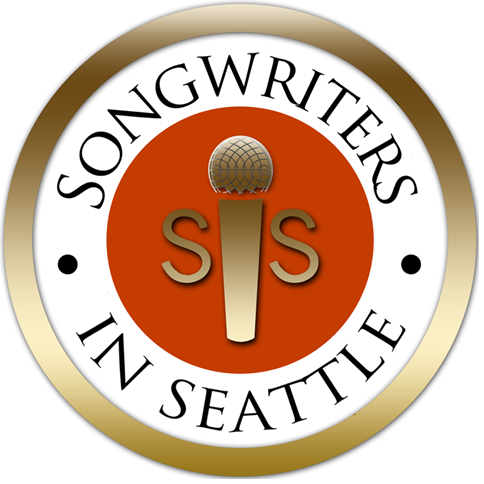Dear Songwriter Community,
As we come to the end of another year of growth and creativity for Songwriters in Seattle, I am writing to share that I plan to step down from serving as Executive Director of the organization in early 2024. January will mark my 14th anniversary as Executive Director of SiS, and it feels like the right time for new leadership and new energy to help SiS continue to build and support the songwriting community in our region and beyond. To be sure, though I helped guide SiS over the years, it was never “my” organization – it is and always has been yours. This community is what makes us strong and without your help and involvement, we wouldn’t have accomplished near what we have over the years. That is what gives me confidence there are still many great things yet to come and I couldn’t be more excited to see what happens next for Songwriters in Seattle!
I’m proud of all we have accomplished together since I took the helm in 2010. At that point, our organization was only a few years old with a few hundred members—just getting established and gaining visibility. We are now over 4,000 members strong, have held over 1,500 events, and are still striving to provide the best possible support that independent artists like yourself deserve.
In particular, I am glad we were able to be there for songwriters during the early days of the pandemic, all learning Zoom together (remember that struggle?), and in fact expanding our outreach around the world as artists looked for like-minded and safe communities online. I’m also proud of the incredible range of events that our incredible hosts have provided over the years, from educating us on the many facets of the music business to honing our creative skills to memorable performances to simply being a friendly, listening ear. I’m so grateful for our many hosts who have volunteered over the years to lead, guide, and inspire us.
I am confident in our current event hosts and our board of directors to carry on our work in the future, with participation from all of you. Please take this moment to consider what your role might be in sustaining a strong SiS community. Is this Executive Director position something that speaks to you? Might you step up to volunteer as a board member, event host, or partner to help behind the scenes in the year ahead? Will you check the event calendar and encourage colleagues to join? SiS is a network made up of a supportive community of musicians, and I encourage you to find a way to engage and contribute to our collective impact.
Thank you for this opportunity to serve and be a part of our vibrant creative community. I have found a lot of joy in meeting many of you and hearing your heartfelt, powerful music. I am grateful for the ways in which you have inspired and motivated me. You will likely still see me around, as I don’t plan on leaving the area or stop attending SiS events. I will also be helping with the transition, making sure whoever leads the way forward gets the time and support they will need to be successful.
I hope we continue to cross paths and that I get to hear whatever beautiful creations you bring into this world in the future.
Creatively Yours,
Chris
Chris Klimecky
Executive Director, Songwriters in Seattle
A Message From The Board
The SiS Board of Directors recognizes our responsibility to ensure a good leadership transition as Chris moves away from his leadership position. We have had many good discussions and have developed a plan. With your help, we will be seeking out a new leader both within Songwriters in Seattle as well as beyond our membership. We are choosing to involve the community as you have always been the best resource for connections and information that points us in the right direction.
We will launch the search for our next permanent Executive Director in January, and we will share more details with you then. In fact, we invite our members and partners to provide input regarding the qualities most needed in our next leader via the annual open Board of Directors meeting at Razzi’s in Greenwood. We hope that we will have many candidates from within our membership, so please consider the opportunity yourself or share it with leaders that you admire within the music community.
We are thankful to Chris for his years of leadership and willingness to help with a long, smooth transition. We also look forward to new leadership and continuing success for Songwriters in Seattle.
Sincerely,
SiS Board of Directors




